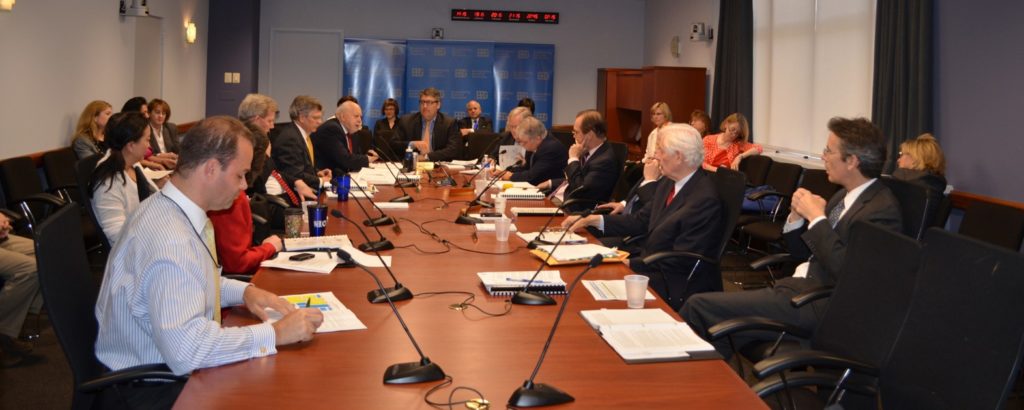Have you ever had the feeling that you are sitting in a conference room during a business meeting and, although all the elements you’ve learned in the communication training are there (purpose, agenda, time keeper, rules of the meeting, refreshments, meeting minutes etc.), but something is still making the meeting inefficient? Did it ever occur that you have finished a meeting and walked away with the feeling that it was a waste of time? Did you ever have the feeling that your board meetings are dull or there is too much talk but no tangible result, no actions or accountability? Did you participate in brainstorming sessions where “the storm” was either too soft or too hard, or just did not go in the right direction? Then you might need the help of a facilitator. You know your topic, the details, the resources, the issues. The facilitator knows the conversation process, or at least the way it should be.

A professional facilitator will join your meetings or your brainstorming sessions and help you navigate through complex and sometimes painful conversations, so it turns into something meaningful and efficient. We don’t need to be experts in the topic of your meeting, you and your colleagues already are. We need to be experts in conversation dynamics, and that we are.
A facilitator is a professional group communication catalyst. Sometimes they are called moderator, chairperson or master of ceremony, especially in conferences, symposiums or town hall meetings. What about your board meeting or your team meeting where you discuss strategies and tactics? Objectives and actions? Options and decisions? The facilitator will help you by driving the conversation towards an objective set by the team, making sure that the common denominator is in place. In other words, everybody is on the same page. Sounds like a cliché and most professionals who spend a lot of time in meetings, know how challenging this is in reality. We are here to help and facilitating is one of the simplest and effective ways we can do it.